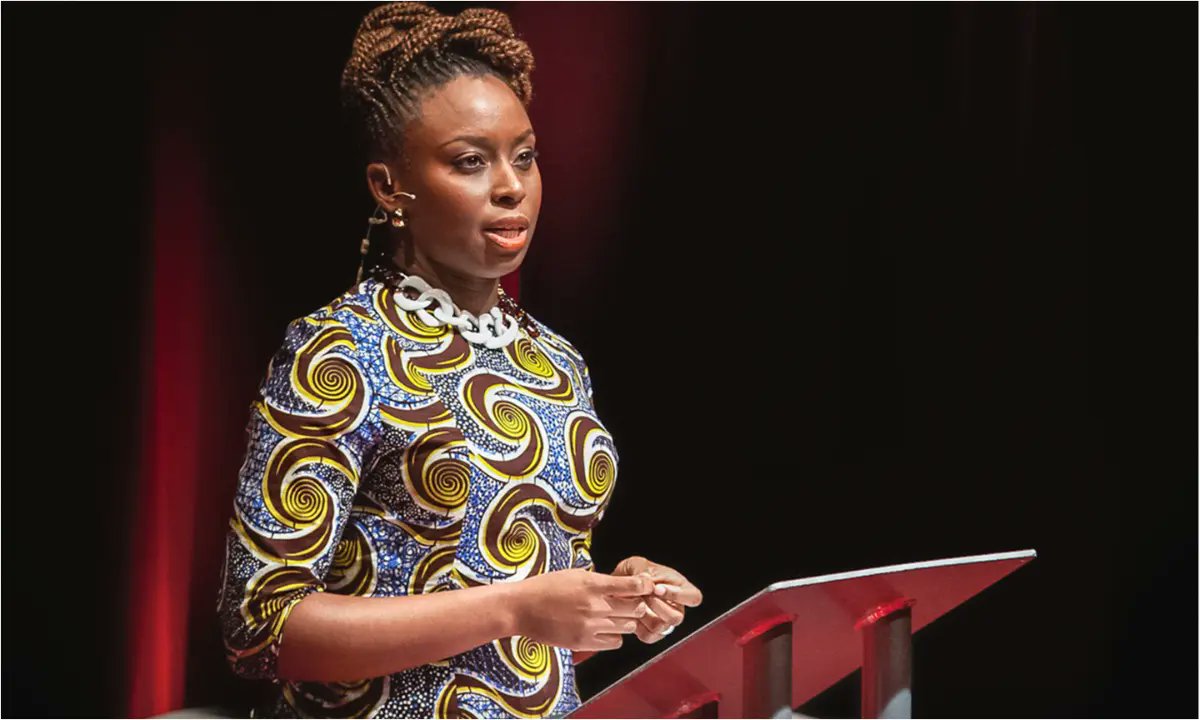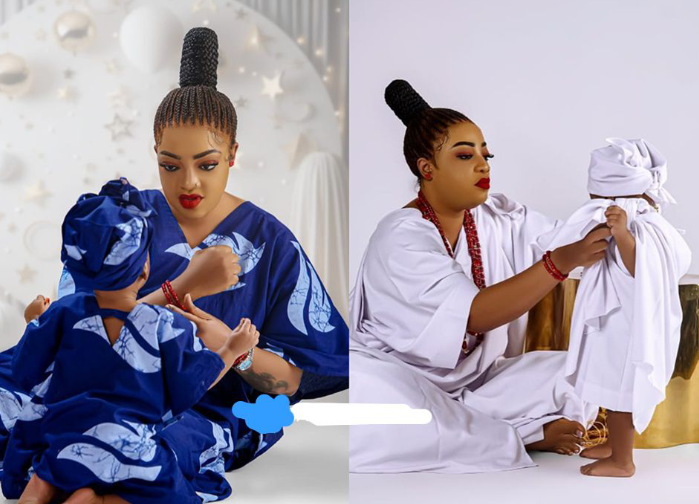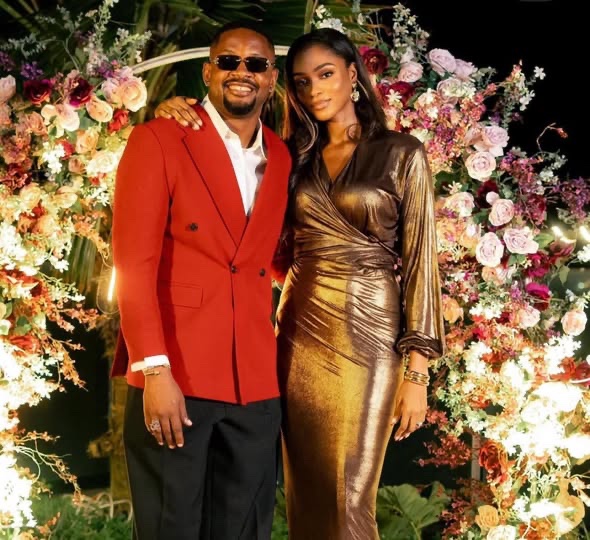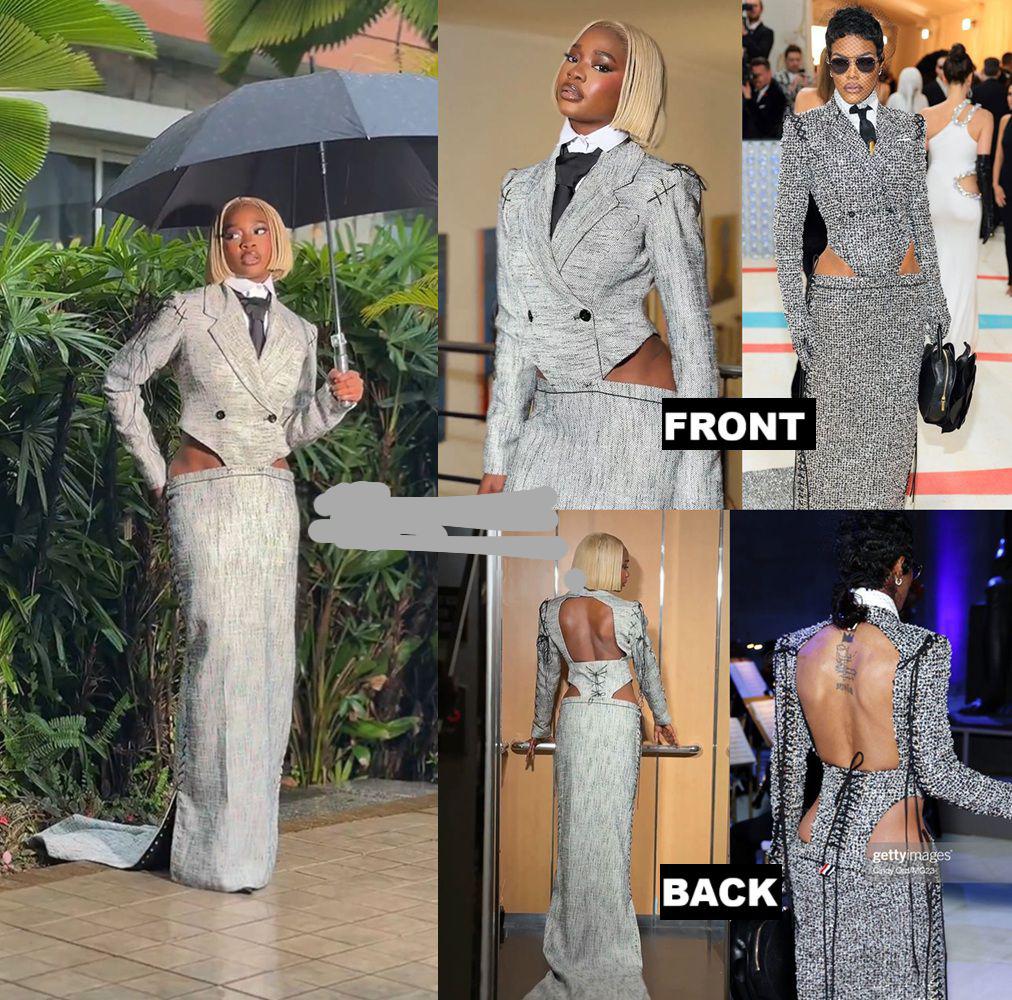
“Women, There Are Good Men, And You Will Know” – Chimamanda Ngozi Adichie Sparks Stirring Conversation on Love and Trust

Renowned Nigerian author and feminist icon, Chimamanda Ngozi Adichie, has once again stirred a storm of reflection, hope, and debate with a powerful statement that has quickly spread like wildfire across social media and global discussion platforms. Speaking in a recent interview, Adichie said plainly and powerfully, “Women, there are good men, and you will know.” The comment, shared by Daily Post Nigeria, was brief but has resonated deeply, particularly among women navigating the complexities of love, relationships, and gender dynamics in today’s world.
For many, Adichie’s words came as a comforting reassurance in a society where stories of heartbreak, betrayal, and emotional manipulation often dominate the narrative of modern relationships. Against the backdrop of increasing reports of toxic masculinity, gender-based violence, and disillusionment in love, especially in African societies where patriarchy still holds considerable influence, her message stood out like a lighthouse in a storm. It wasn’t just a statement—it was a challenge to the prevailing despair that many women carry in their hearts.
The celebrated author, best known for her global bestsellers such as Half of a Yellow Sun, Americanah, and We Should All Be Feminists, is no stranger to confronting the hard truths about gender inequality, misogyny, and societal expectations. Her work has earned her recognition not only as a literary force but also as a cultural voice whose thoughts shape conversations from classrooms to parliaments. So, when she makes a declaration as personal and pointed as this, it does more than raise eyebrows—it sparks soul-searching.
What made the statement even more profound was its simplicity. In an age where discussions about love are often buried under jargon, therapy terms, and pseudo-intellectual cynicism, Adichie offered something direct, unembellished, and from the heart. “Women, there are good men, and you will know.” No conditions. No caveats. Just a deep faith in human intuition and a bold trust in the goodness that still exists.
Reactions were swift. Across social media platforms like X (formerly Twitter), Instagram, and Facebook, users—especially women—shared the quote alongside their own stories. Some posted pictures of their partners, captioning them as “one of the good ones.” Others narrated how they once doubted love until they encountered a man who showed up consistently, loved them respectfully, and honored their autonomy. For these women, Adichie’s words weren’t a theory—they were truth confirmed by experience.
But the conversation didn’t end there. Some pushed back, arguing that good men are increasingly difficult to find and that many women have been repeatedly disappointed, misled, or emotionally drained in the process of seeking love. A few skeptics described the comment as idealistic, claiming that societal pressures, economic instability, and entrenched cultural norms often push men to act selfishly, even when they start off well-intentioned.
Still, the larger community seemed to take Adichie’s words as a challenge—a call not to settle, not to lower standards, and not to let the behavior of a few cast a dark shadow on everyone. It was a reminder to trust one’s instincts and pay attention to the signs: the consistency in a man’s actions, the respect he shows not only to the woman he desires but to others around him, the way he handles conflict, and the decisions he makes when no one is watching.
In a particularly viral Instagram reel, one user said, “Chimamanda said what many of us needed to hear. We are so used to seeing hurt that we’ve begun to believe it’s normal. But this—this reminded me that love doesn’t have to come with wounds.” Thousands of likes and comments followed, with women from different parts of the world echoing her sentiments.
Beyond the romantic implications, the statement touched on a deeper societal issue: the way women have been conditioned to expect pain in relationships, and how that expectation sometimes keeps them stuck in harmful dynamics. Adichie’s message, though brief, confronted that conditioning head-on. It gave women permission to believe again—not in fairy tales, but in love that is kind, honest, and strong.
This message was particularly powerful coming from Adichie, who has often spoken of love not as weakness but as something courageous and radical. In past talks and essays, she has made it clear that believing in equality doesn't mean rejecting romance. On the contrary, it means demanding a love that uplifts rather than diminishes. And in this one statement, she merged her feminist ideology with her personal truth, offering women a clear-eyed reminder: you deserve good love, and you are wise enough to recognize it when it comes.
Men were not left out of the discussion. Some used the opportunity to reflect on how they are perceived and how they show up in their relationships. A trending X post read, “As a man, it felt good to read that. We’re often painted with the same brush, but the truth is, many of us are trying to be better partners, better people. Her words encouraged me.”
In a time where polarizing gender debates often dominate online spaces, it was refreshing to witness a moment where a single sentence managed to unite rather than divide, to encourage rather than accuse. And perhaps that is the essence of Chimamanda Ngozi Adichie’s enduring power: her ability to speak truth with such clarity and compassion that it becomes a mirror in which we all can see ourselves—flawed, hopeful, evolving.
Whether you are a woman looking for love, a man striving to be better, or someone recovering from past wounds, Adichie’s words remind us of one thing: the good exists, and it is recognizable. It might not always be loud or flashy, but it is there—in small gestures, in consistent kindness, in quiet strength. And most importantly, when it comes, you will know.
In a world that often thrives on chaos and confusion, sometimes all it takes is one sentence to restore faith. And this time, Chimamanda Ngozi Adichie gave us that sentence.


